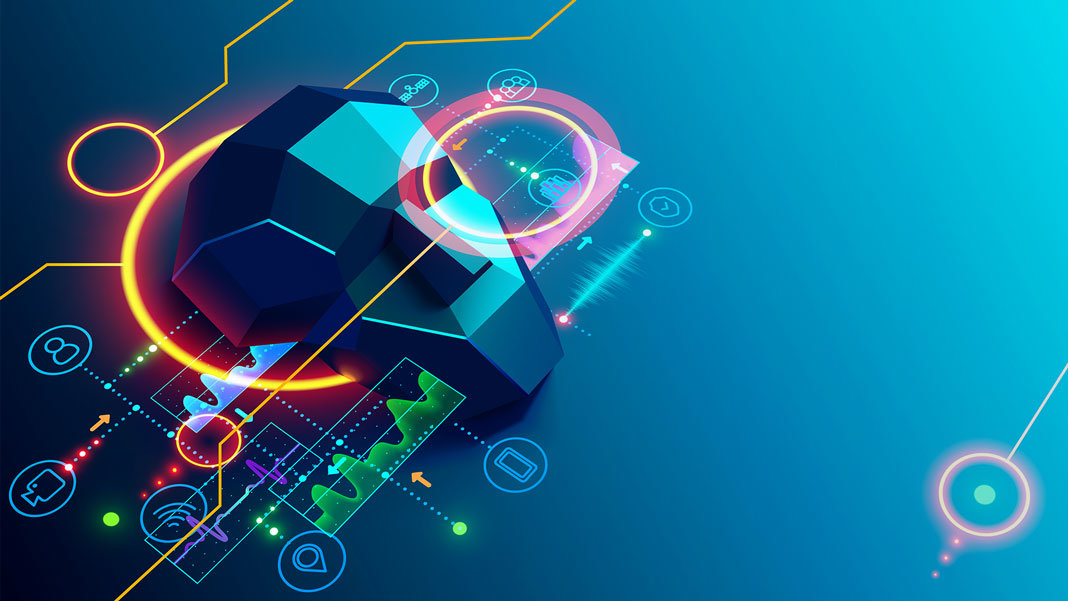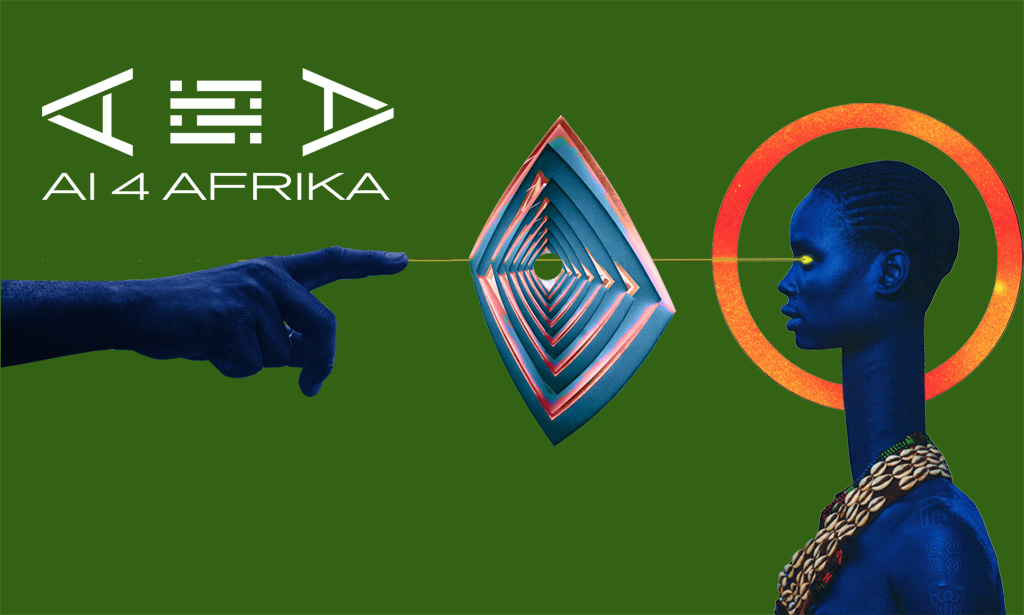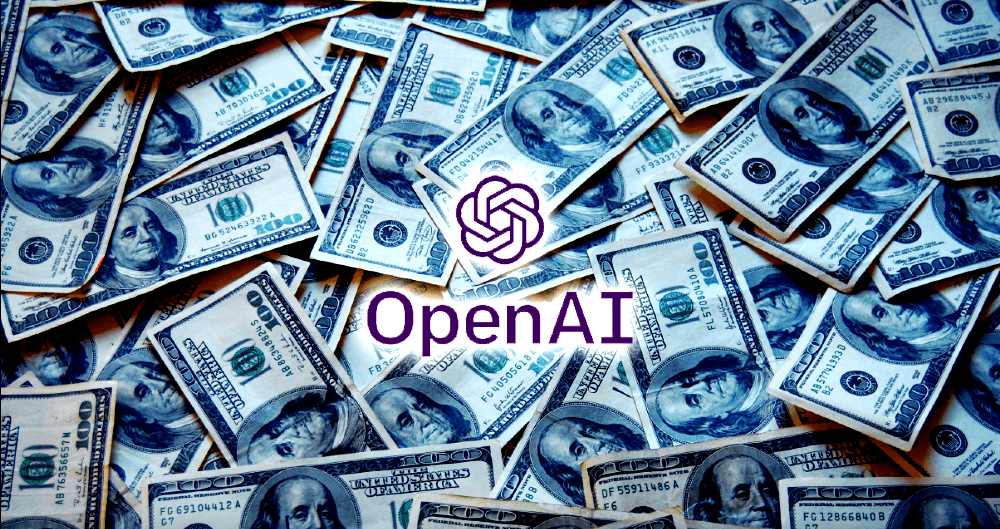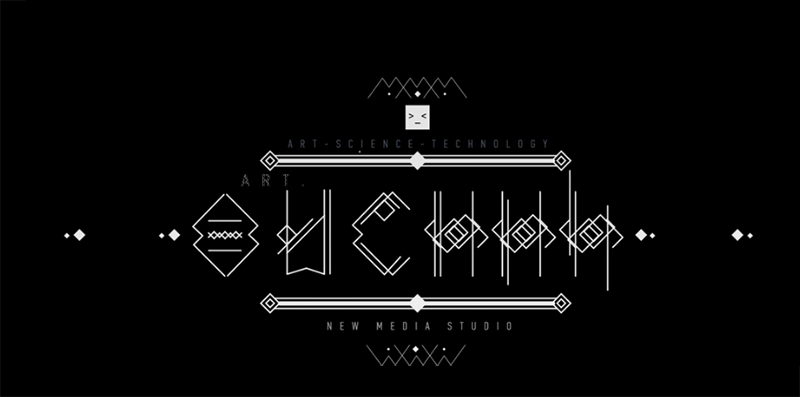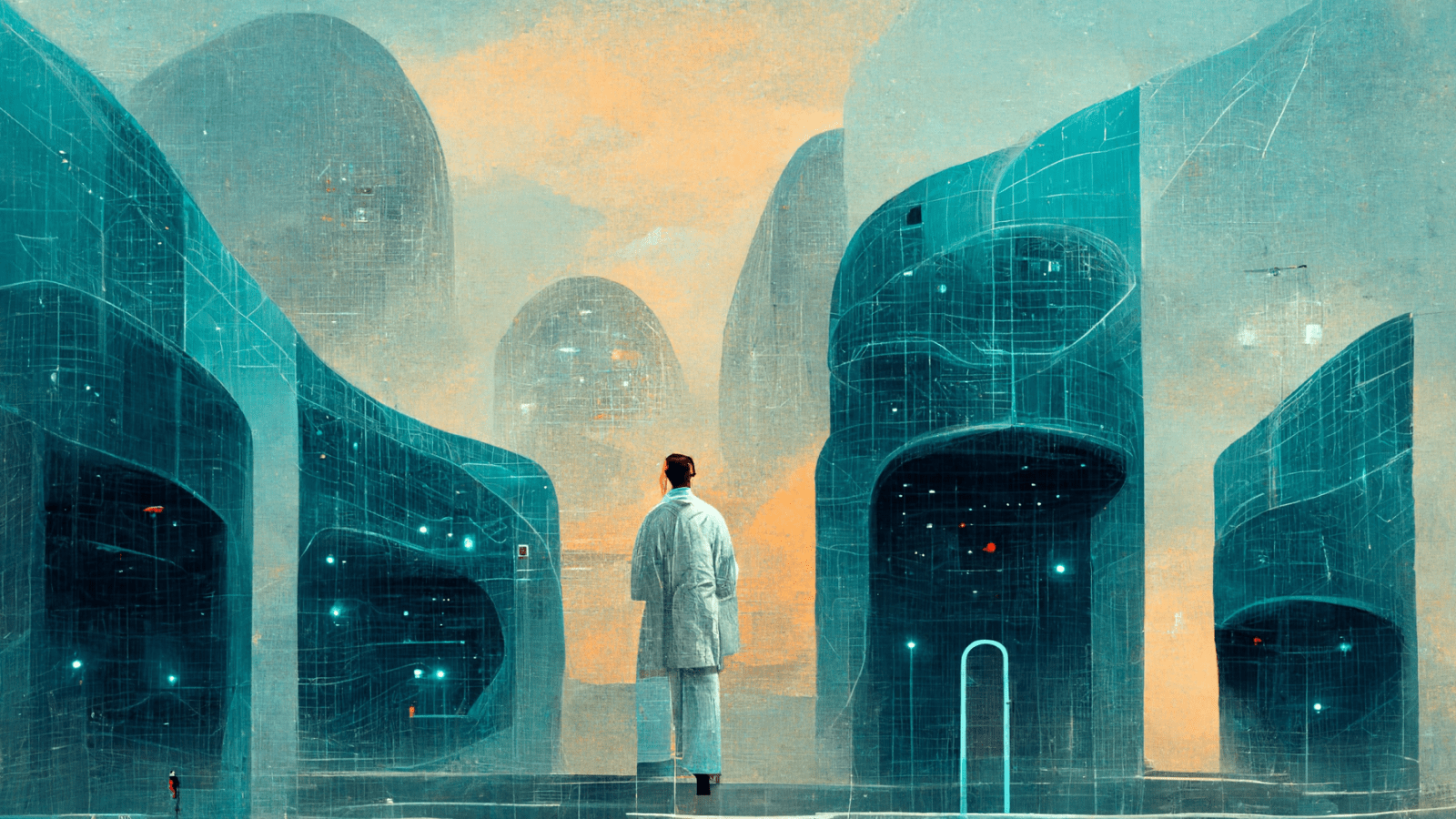
Remember the uproar Watson caused for the “Intelligent Computing” industry in 2014? The stage was set. IBM’s Watson was to challenge one of the top Jeopardy contestants in a “John Henry” type of contest. Watson was a super-intelligent computer that was spoon-fed the entire Wikipedia catalog to compete with its human adversary. The results floored the tech community as Watson claimed victory. Whispers became louder as industries began to anticipate the dawn of the super-intelligent machine. Almost a decade later and the flames have dwindled. The same can be said for Alexa – Amazon’s ubiquitous voice-operated AI. Started out with a bang and then – welp unless you need your lights dimmed its kinda in the way.
This is not the first time that technology has captured the attention of the public. IBM Watson made headlines in 2011 when it won the television game show Jeopardy! and Amazon’sAMZN+3% virtual assistant, Alexa, has been answering questions through smart speakers since its commercial debut in 2014.
Yet these technology solutions, initially hailed as game-changers, have not had the impact that many had expected. IBM Watson reached worldwide fame when triumphing at Jeopardy!, but it did not become the universal problem-solving engine prophesied by some experts. Yet machine learning has become the prevalent technology supporting most at-scale AI since. Similarly, Alexa was initially understood as the revolutionary multi-purpose personal assistant in the home and did not fully materialize this promise while its underlying technology — deep learning neural networks — has had massive developments.
ChatGPT, introduced in November 2022 by the private AI research institute, OpenAI, is the latest product built off the institute’s GPT3, the third iteration of its Generative Pretrained Transformer large language model. The core of the model is the transformer algorithm, introduced in 2017 by a Google Brain team in a paper titled “Attention is all you need.”
Given a prompt, it could write coherent and cohesive text and even translate from English to HTML, allowing users to create web pages without knowing how to code.
By scaling the model and training it on every more data from the internet, OpenAI’s GPT3 produced surprising results, learning not only the structure of the English language but of coding languages that it encountered, such as HyperText Markup Language or HTML. Given a prompt, it could write coherent and cohesive text and even translate from English to HTML, allowing users to create web pages without knowing how to code.
Beyond ChatGPT, Generative AI has already begun to disrupt large industries. In biopharma, Generative AI can generate millions of candidate molecules for a certain disease, then test their application, significantly speeding up R&D cycles. In the supply chain, it can optimize processes by generating scenarios and optimizing for specific constraints. In marketing, it can personalize experiences, content, and product recommendations. In finance, it can generate personalized investment recommendations, analyze market data, and generate and test different scenarios to propose new trading strategies.
As the New Year’s begins let’s see how the much anticipated GPT4 will open up yet another universe of disruption. The future has never been so infinite.
Source: ChatGPT — Let The Generative AI Revolution Begin
- Comprehensive Public Safety Plan Survey: Equity - March 11, 2024
- Comprehensive Public Safety Plan Survey: Court System - March 11, 2024
- DC Comprehensive Public Safety Plan Survey: Surveillance // Privacy - March 11, 2024

